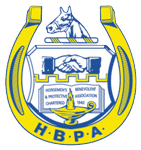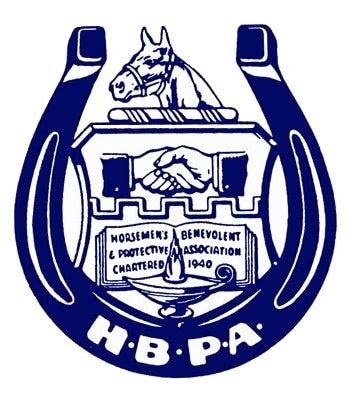KY: Medication Issues Dominate KHRC Meeting
Blood-Horse
Medication matters dominated the Aug. 18 meeting of the Kentucky Horse Racing Commission, which took the first steps toward changing the definitions for the three drug classification schedules that are used to determine if a medication violation has occurred.
Like many states, Kentucky classifies drugs as classes A, B, C, or D in descending order from those that have greatest potential to impact performance to the least potential. Recommended penalties when the drugs are found in certain levels in post-race testing also follow the schedules, with the most severe sanctions for Class A descending to lesser penalties.
As a result of the commission’s action Tuesday, Class A drugs are those that have “the highest potential to influence performance in the equine athlete.” Class B drugs are those with a “lesser” potential than Class A drugs to influence performance, with classes C and D following suit in their wording.
Previously, the definitions were lengthier; for example, the Class A description said they were drugs with no therapeutic indication in the equine athlete and have not been approved for use in the horses by the Food and Drug Administration.
The changes, which still must go through a regulatory process that could take up to six months, stem from a recent court ruling in favor of trainer Daniel Werre, who was suspended for a year and fined $5,000 as a result of a post-race positive test on Voodoo Doctor, first-place finish of the ninth race at Turfway Park on Dec. 7, 2012, which showed the presence of the medication levamisole.
Werre appealed, and a judge agreed with his attorney that the KHRC had inappropriately reclassified the drug to Class A from B, which has lesser penalties, noting that levamisole has a therapeutic use and is FDA approved. He said the KHRC’s action to move the drug up to a Class A was “arbitrary and capricious.” After the judge ruled in his favor, Werre agreed to a seven-day suspension and $500 fine.
In addition to changing the descriptions of the classifications, the commission has dropped the challenged drug levamisole from any classification schedule. Dr. Mary Scollay, KHRC equine medical director, explained to the commissioners that levamisole metabolizes into aminorex, a stimulant that will now be added to the drug schedule, so dropping levamisole completely was appropriate.
During the staff report part of the meeting, the veterinary report showed nine fatalities during the spring meet at Churchill Downs, six of which were during races and three during training hours. Also, there were two incidents of post-race exercise-induced pulmonary hemorrhage, also known as bleeding.





